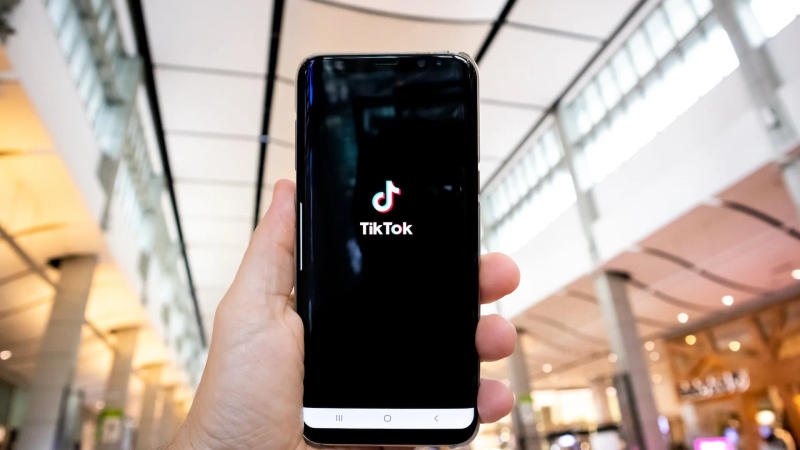Published 14:24 IST, April 25th 2024
“We aren’t going anywhere,” TikTok CEO Shou Zi on TikTok US ban
The legislation sets a deadline of January 19 for the sale of TikTok, with the possibility of a three-month extension if ByteDance shows progress.

TikTok US ban: The CEO of TikTok expressed confidence on Wednesday in the company's ability to overcome a legal challenge against new legislation signed into law by President Joe Biden. The law, aimed at banning the popular short video app in the United States, has prompted TikTok's CEO, Shou Zi Chew, to assert that the company is here to stay.
Chew stated, "Rest assured - we aren't going anywhere," shortly after Biden signed the bill, which mandates China-based ByteDance to divest TikTok's US assets within 270 days or face a ban. Sharing his confidence in the legal process, Chew added, "The facts and the Constitution are on our side and we expect to prevail again."
The legislation sets a deadline of January 19 for the sale of TikTok, with the possibility of a three-month extension if ByteDance shows progress. The White House has clarified that the concern revolves around ownership by the People's Republic of China (PRC).
The move echoes previous attempts by former President Donald Trump to ban TikTok, which were thwarted by the courts in 2020. Trump, now a Republican presidential candidate, has shifted his stance, accusing Biden of advocating for the ban and warning voters of the potential consequences.
Despite the looming deadline, questions remain regarding the financial capability of potential buyers and the approval process from both Chinese and US government agencies. The bipartisan support for the bill underlines widespread concerns among US lawmakers about data security and surveillance risks associated with Chinese-owned apps.
TikTok intends to challenge the legislation on First Amendment grounds, with users expected to join the legal action. Notably, a US judge previously blocked a state ban on TikTok, citing free speech concerns.
Critics argue that the legislation could set a concerning precedent for government control over social media platforms. However, experts suggest that it provides the Biden administration with a stronger legal basis to enforce a ban if ByteDance fails to comply with the divestment requirement.
The bill's impact on TikTok's US workforce, comprising approximately 8,000 employees primarily in New York and California, has also drawn attention. Democratic Senator Laphonza Butler has urged the White House to consider the implications for these workers and local economies.
In addition to targeting TikTok, the legislation empowers the White House to address security threats posed by other foreign-owned apps. Concerns have been raised about potential abuse of authority and its impact on Americans' First Amendment rights.
Despite the legislative developments, Biden's re-election campaign intends to continue using TikTok, while Trump's campaign has refrained from joining the platform. This follows a previous directive in 2022 barring US government employees from using TikTok on government devices.
(With Reuters inputs)
Updated 14:24 IST, April 25th 2024



